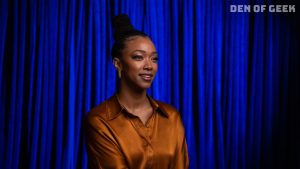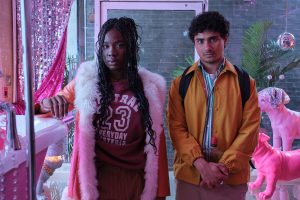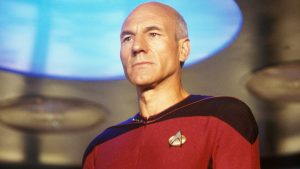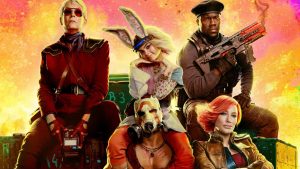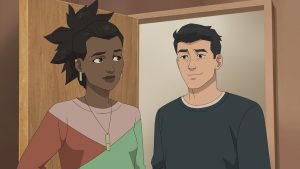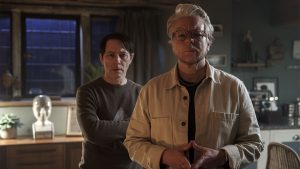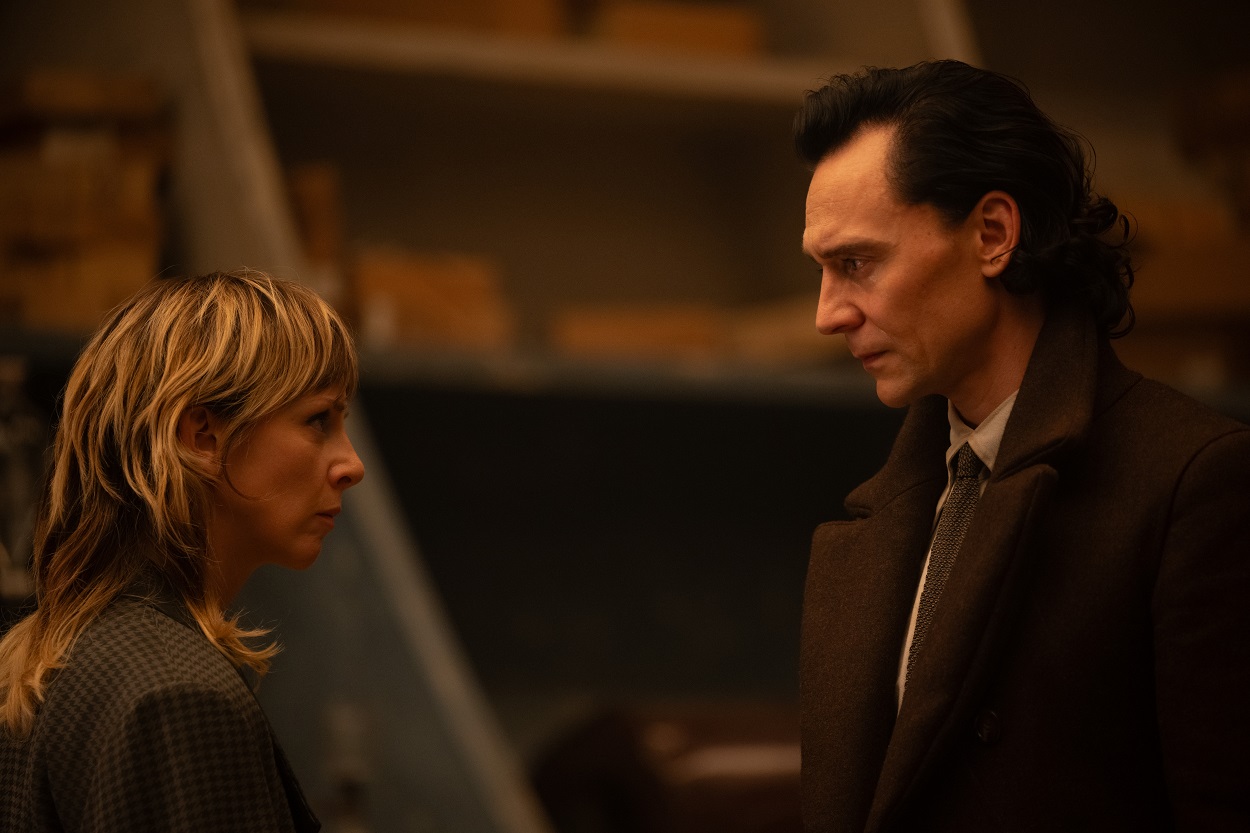
This article contains spoilers
Things have come full circle, as Loki season two has bowed out in style, becoming its own ouroboros back to the events of season one – even boasting the same episode title as its premiere. However, for those paying close attention to the Tom Hiddleston-led series, the ultimate fate of the trickster god was teased even further back.
While the Marvel Cinematic Universe has always been praised for its foreshadowing, often setting up characters and movies years in advance, did anyone really expect that Loki’s season two swansong was predicted all the way back in Marvel’s 2011 outings Thor and Captain America: The First Avenger?
In November 10’s “Glorious Purpose”, we learned that the God of Mischief’s own ‘glorious purpose’ was to take over from He Who Remains, sitting on the throne in the Citadel at the End of Time. It was a popular theory among fans, with Loki’s timeline wrangling seemingly being adapted from his new role as the God of Stories during the Loki: Agent of Asgard comics. The MCU didn’t do a great job of hiding where Loki would end up, with the official Thor Instagram account sharing (then quickly deleting) a scene from Thor: The Dark World where Loki rants about getting a throne as his “birthright.” He gets that throne in the season two finale, but not how you might expect.
Quite literally flipping the temporal loom on its head, Loki restructures the ‘branches’ into a multiversal tree. Those up on their Norse mythology night know about Yggdrasil, which is a sacred tree at the centre of Norse cosmology that brings together the Nine Realms. Considering Loki’s tree unites the multiverse, there’s some poetic imagery here. This latest addition from Norse mythology comes after Taika Waititi’s Thor: Ragnarok covered the events of the titular Ragnarok and saw the destruction of Asgard.
Eagle-eyed viewers on Twitter/X have noted that Yggdrasil was first teased (chronologically) in Captain America: The First Avenger, with Hugo Weaving’s Red Skull seeking out the Tesseract from behind a mural of the mythological tree in 1942. Also in 2011, Thor mentions the World Tree, with Chris Hensworth’s God of Thunder telling Jane Foster (Natalie Portman) how the Life Tree holds together the cosmos. Back then, Thor explained, “Your world is one of the Nine Realms of the cosmos, linked to each other by the branches of Yggdrasil, the World’s Tree.” This has been somewhat rewritten, with Yggdrasil representing the very multiverse.
Thor: The Dark World claimed that the Nine Realms were stacked on top of each other, with Yggdrasil holding each as a different branch. Now, Yggdrasil has been reimagined as a tree at the centre of the universe instead of being a concept specific to ‘our’ Earth-616 reality. The branches represent different realities like Doctor Strange in the Multiverse of Madness’ Earth-838. Without going too far into spoiler territory, this could have major ramifications for the likes of Deadpool 3 and Avengers: Secret Wars.
Much like references to ouroboros (a never-ending snake eating its own tail), it all loops back to the payoff of Loki becoming the God of Stories in the season two finale. The MCU couldn’t have predicted that the franchise would expand like it has, meaning it was unlikely a Loki standalone series was planned back in 2011. However, it could be that some of these beats relating to Norse mythology and the arcs of the Thor characters were being sketched out this early on.
Over on Reddit, u/KevinAnniPadda pointed out that Loki’s modus operandi was to get the Tesseract for Thanos, later using it as the Space Stone to open a portal to Earth and lead the Chitauri in the Battle of New York. As the Norsemen had hidden the Tesseract behind a mural to Yggdrasil before the events of World War II, there’s a continued sense of irony – especially as Loki stealing the Tesseract during the Time Heist is what brought him to the TVA in the first place.
There has been foreshadowing galore in Loki season two, with one of the season two posters featuring Loki in his finale getup, boasting horns and all. There’s no word on whether the cast of characters we’ve met in Loki will return, and coupling a lack of season two post-credit scene with writer Eric Martin telling CinemaBlend it was always planned as a two-season story, it would be possible to leave everyone here. Still, with Loki now being an all-powerful being set outside the realms of time, he’ll likely come in handy when tackling the looming threat of Kang the Conqueror’s variants. While the Loki season two finale saw Loki declare he didn’t want to sit on a throne, it seems apt to quote Jurassic Park’s Ian Malcolm and conclude, “Life, uh, finds a way.”
The post The MCU Predicted the Loki Finale 12 Years Ago appeared first on Den of Geek.
